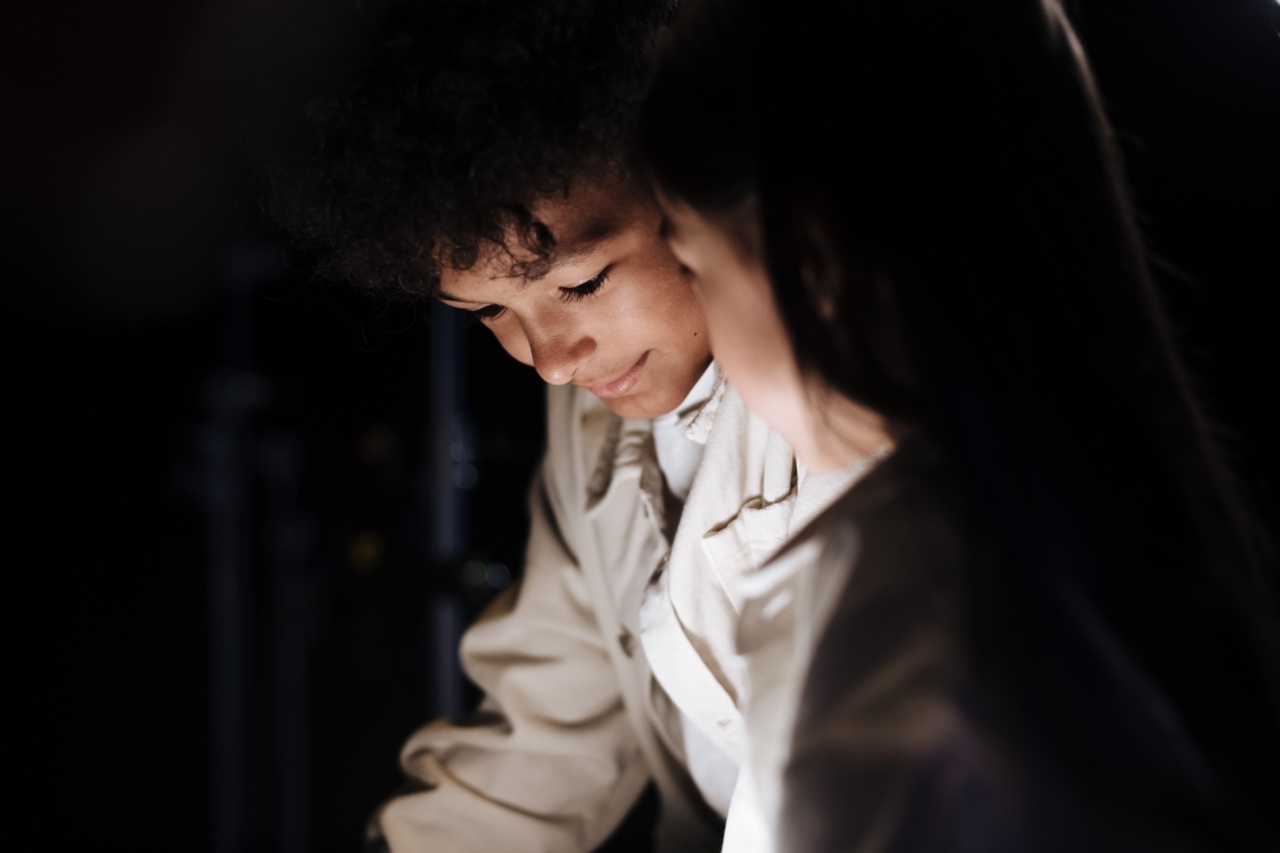As technology advances, social media has become an integral part of our daily lives. One of the most significant social media platforms today is Instagram.
Teenage girls, in particular, have been found to be using Instagram to connect with others and explore their identity. However, new research has shown that social media, specifically Instagram, is linked to a higher risk of depression in teenage girls.
The Study
The study was conducted by researchers from the University of Essex and University College London. They examined the social media habits of almost 11,000 14-year-olds in the UK.
The participants were asked to rate their satisfaction with various aspects of their lives. They were also asked how much time they spent using social media each day and which social media platforms they used.
The results of the study showed that teenage girls who spent more than five hours a day on social media were significantly more likely to experience symptoms of depression than those who used social media for less than an hour a day.
The study also found that girls who used Instagram were twice as likely to experience symptoms of depression as those who did not use the platform.
The Effects of Social Comparison
One of the possible reasons for the link between social media use and depression is the effect of social comparison. Teenage girls on Instagram often feel pressure to present themselves in a certain way and to compare themselves to others.
This pressure can lead to negative feelings about their self-worth, which can, in turn, lead to depression.
Instagram is a platform that is particularly focused on visual content, such as photos. Therefore, teenage girls who use Instagram are exposed to a constant stream of carefully curated images that can often be unrealistic and unattainable.
This comparison can make teenagers feel inadequate and can lead to feelings of depression.
The Importance of Parental Involvement
Parents are an essential part of their children’s lives, and as the study suggests, they have an essential role to play in monitoring their children’s social media use.
Parents need to talk to their children about the risks associated with social media use and encourage them to use it responsibly. They can also set limits on the amount of time their children spend on social media each day.
It is important for parents to be aware of their children’s social media use and to monitor what they are posting online.
Parents can also help their children develop a positive self-image by encouraging them to focus on their strengths and achievements rather than comparing themselves to others on social media.
The Role of Schools
Schools also have an essential role to play in promoting healthy social media use. They can educate students about the risks associated with social media use and provide resources for parents to help them monitor their children’s social media use.
They can also promote healthy body image and self-esteem through their curriculum.
In addition, schools can provide support for students who may be experiencing depression or other mental health issues. They can offer counseling services and support groups to help students deal with the negative effects of social media use.
Social Media and Mental Health
The link between social media use and mental health is not a new phenomenon. Previous studies have shown that social media use is linked to a higher risk of anxiety, depression, and other mental health disorders.
Social media can be an incredibly valuable tool for connecting with others and sharing experiences.
However, it is essential to use it responsibly, and parents and schools need to be proactive in monitoring their children’s social media use and promoting healthy habits.
Conclusion
In conclusion, social media, specifically Instagram, is linked to a higher risk of depression in teenage girls.
The pressures of social comparison and exposure to unrealistic images can lead to negative feelings about self-worth and, ultimately, depression. Parents and schools have an essential role to play in promoting healthy social media use and supporting the mental health of their children.































